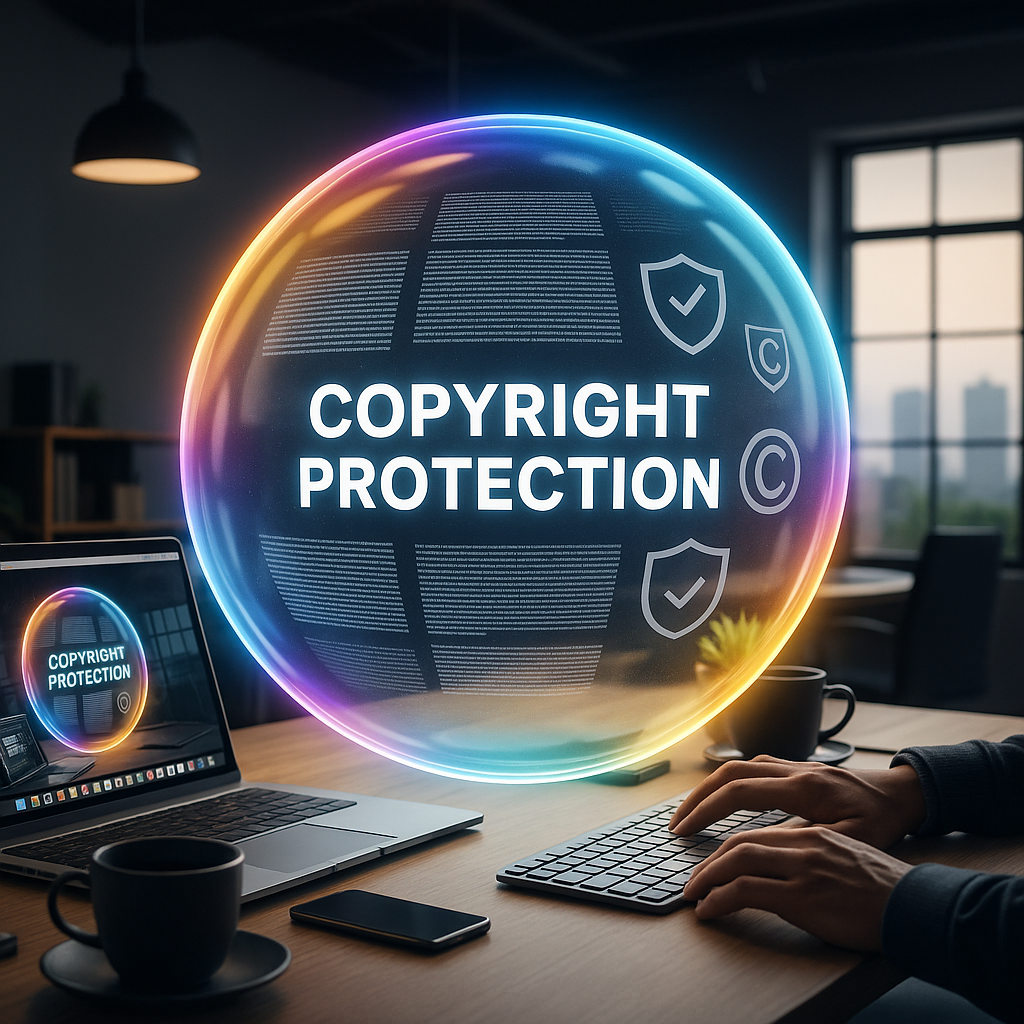On AI, a Landmark Ruling and the Future of Copyright
Last week, in the first major ruling on artificial intelligence and copyright, judge William Alsup (U.S. District Court for the Northern District of California) delivered a mixed ruling in the lawsuit brought by authors against the AI company Anthropic. The order makes a distinction between the act of training an AI model and the act of acquiring the data for it. Highlights from the ruling include:
“The technology at issue was among the most transformative many of us will see in our lifetimes.
“There is no carve-out from the Copyright Act for AI companies.
“Like any reader aspiring to be a writer, Anthropic's LLMs trained upon works not to race ahead and replicate or supplant them — but to turn a hard corner and create something different.
“Pirating copies to build a research library without paying for it … was its own use - and not a transformative one.
“You can’t just bless yourself by saying ‘I have a research purpose’ and go take any textbook you want.
“If the outputs [from AI] were ever to become infringing, Authors could bring such a case. But that is not this case.
“The order grants that the print-to-digital format change was a fair usebut denies that the pirated library copies must be treated as training copies.”
OUR TAKE
This landmark ruling creates a roadmap for generative AI companies: training on copyrighted works is legal, but only with legally acquired data (licensed, purchased or public domain).
The decision provides legal ammunition for authors in pending cases vs. OpenAI, Microsoft, Meta, and others.
AI companies should expect increased compliance pressure and costs as they rebuild datasets using licensed or public domain material.
Notably, the judge ruling left the door open for future cases: output from AI systems that is too similar to copyrighted content could trigger future lawsuits.

